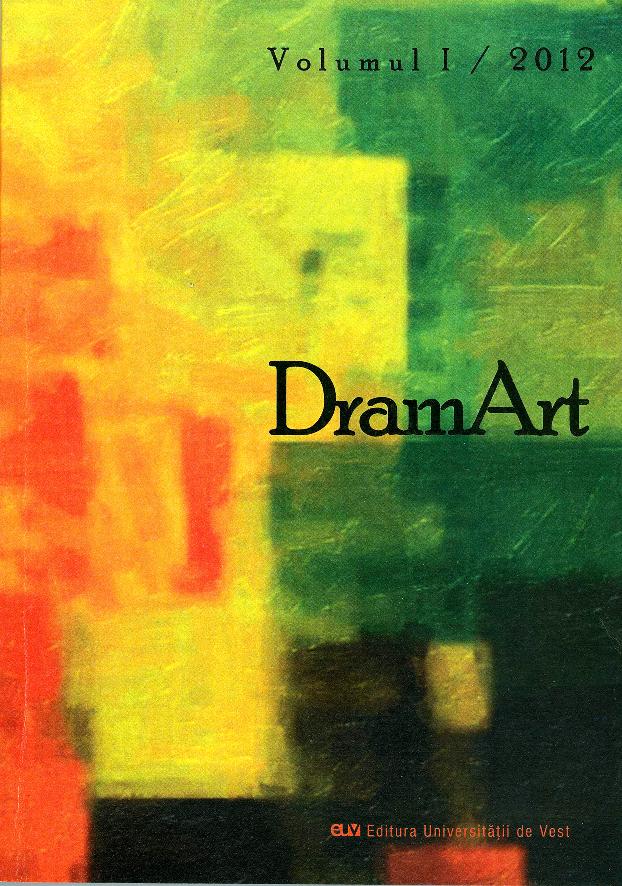Bertolt Brechts Die Heilige Johanna der Schlachthöfe in Giorgio Strehlers Vision: eine Lektion über das epische Theater
Bertolt Brecht’s Jean D'Arc of the Slaughterhouse in Giorgio Strehler’s Vision:
a Lesson in Epic Theatre
Bertolt Brecht’s Jean D'Arc of the Slaughterhouse in Giorgio Strehler’s Vision: a Lesson in Epic Theatre
Author(s): Dragoş CaraseviciSubject(s): Theatre, Dance, Performing Arts, Literary Texts
Published by: Universitatea de Vest din Timişoara
Keywords: Bertolt Brecht; Giorgio Strehler; epic theatre; faithfulness to the original; directing
Summary/Abstract: The dialectical relation between the metatext of the staging and the author’s original, as discussed by Patrice Pavis, raises the issue of the production’s faithfulness to the source text. Though this issue is completely justified with regard to any mise-en-scène, there are particular cases where one would feel the need to redefine the term ‘faithfulness’. One such case is Giorgio Strehler’s production of Brecht’s Die Heilige Johanna der Schlachthöfe from 1970. The staging had not been conceived in terms of ‘poor theatre’, on the contrary: Strehler brings on stage a colourful mixture of circus, music-hall and cinema elements. The analysis of a key-scene (as based on Strehler’s prompt book which was published by Arturo Lazzari) shows to which extent and especially in which manner Strehler made use of the instruments of Brecht’s epic theatre and simultaneously points out the original aspects of his staging. Strehler’s Santa Giovanna dei macelli is not only an excellent example of how a director can be highly innovative and at the same time faithful to the intentions of the author (at least on the level of theatre aesthetics), but also an interesting questioning of the term ‘faithfulness’.
Journal: DramArt.Revistă de studii teatrale
- Issue Year: 1/2012
- Issue No: 1
- Page Range: 53-63
- Page Count: 10
- Language: German

